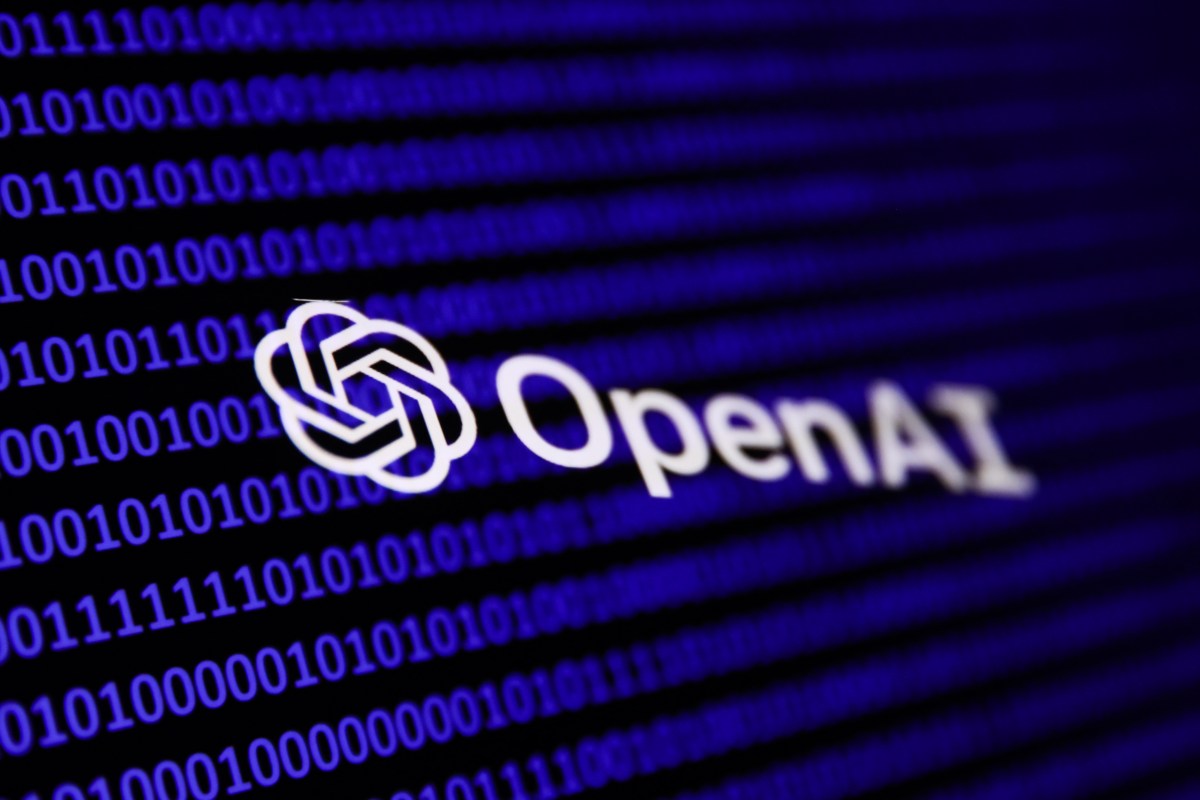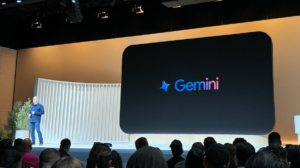Study Indicates OpenAI Utilized Paywalled O’Reilly Books for AI Model Training

OpenAI and Copyright Concerns in AI Training
OpenAI, a prominent player in the field of artificial intelligence, has recently come under scrutiny for allegedly training its models on copyrighted materials without proper authorization. A new report from the AI Disclosures Project, an organization co-founded by media executive Tim O’Reilly and economist Ilan Strauss, asserts that OpenAI increasingly relied on nonpublic books without the necessary licenses while developing its sophisticated AI models.
Understanding AI Model Training
AI models function like complex prediction systems. They analyze vast amounts of data, including books, films, and television content, to learn patterns. When an AI model produces text or images, it essentially draws from this extensive pool of knowledge to create something that resembles what it has been trained on, rather than generating entirely new ideas.
Real-World vs. Synthetic Data
There has been a growing trend among AI research labs, including OpenAI, to utilize AI-generated data for training as access to real-world sources becomes limited. However, most researchers still rely on real-world data due to the risks associated with training models exclusively on artificial data, which may negatively impact performance.
Findings from the Report
The report highlights concerns that OpenAI likely utilized paywalled books from O’Reilly Media to train its latest model, GPT-4o. Importantly, the paper emphasizes that O’Reilly Media does not have any licensing arrangement with OpenAI for this use. The report notes a marked difference in the capability of GPT-4o compared to earlier models like GPT-3.5 Turbo, with the former exhibiting a greater recognition of O’Reilly’s content.
Methodology of the Study
The co-authors of the report used a technique known as membership inference, specifically the DE-COP method, which was developed to identify copyrighted material within AI training datasets. This approach involves testing whether an AI model can distinguish between original texts and AI-generated paraphrases. If successful, it suggests that the AI model may have encountered the original texts during its training.
In their investigation, the authors examined responses from GPT-4o and its predecessor, GPT-3.5 Turbo, assessing their knowledge of O’Reilly Media’s books published before and after the models’ training periods. They used excerpts from numerous O’Reilly publications to determine the probability that any particular text was part of the training data.
Key Findings
The authors found that GPT-4o was significantly better at recognizing content from O’Reilly’s paywalled books compared to GPT-3.5 Turbo. These findings come even after accounting for various factors that may influence model performance, leading the authors to conclude that GPT-4o possesses knowledge of several nonpublic O’Reilly titles released prior to its training cutoff.
The Complexity of the Issues
Despite the report’s findings, the co-authors caution that their method is not infallible. OpenAI may have obtained some of the identified book excerpts through other means, such as user interactions with ChatGPT.
Additionally, the report did not include OpenAI’s latest models, like GPT-4.5, leaving the possibility open that they may not have been trained on O’Reilly data or that the amount was lesser than that of GPT-4o.
OpenAI’s Approach to Training Data
OpenAI advocates for relaxed restrictions on the use of copyrighted content for training models and has long sought high-quality data sources. The company has even recruited journalists to refine its models, a practice now seen across the AI industry, where experts in various fields are increasingly brought in to feed their knowledge into AI systems.
While OpenAI does maintain some licensing agreements with news organizations and other content providers, allowing it to legally use certain types of data, it also faces lawsuits concerning its training practices and copyright law compliance.
Overall, these ongoing discussions about copyright issues in AI development highlight the complex and evolving nature of the relationship between artificial intelligence and intellectual property rights. As OpenAI navigates these challenges, the scrutiny over its data usage practices will likely continue to grow.






